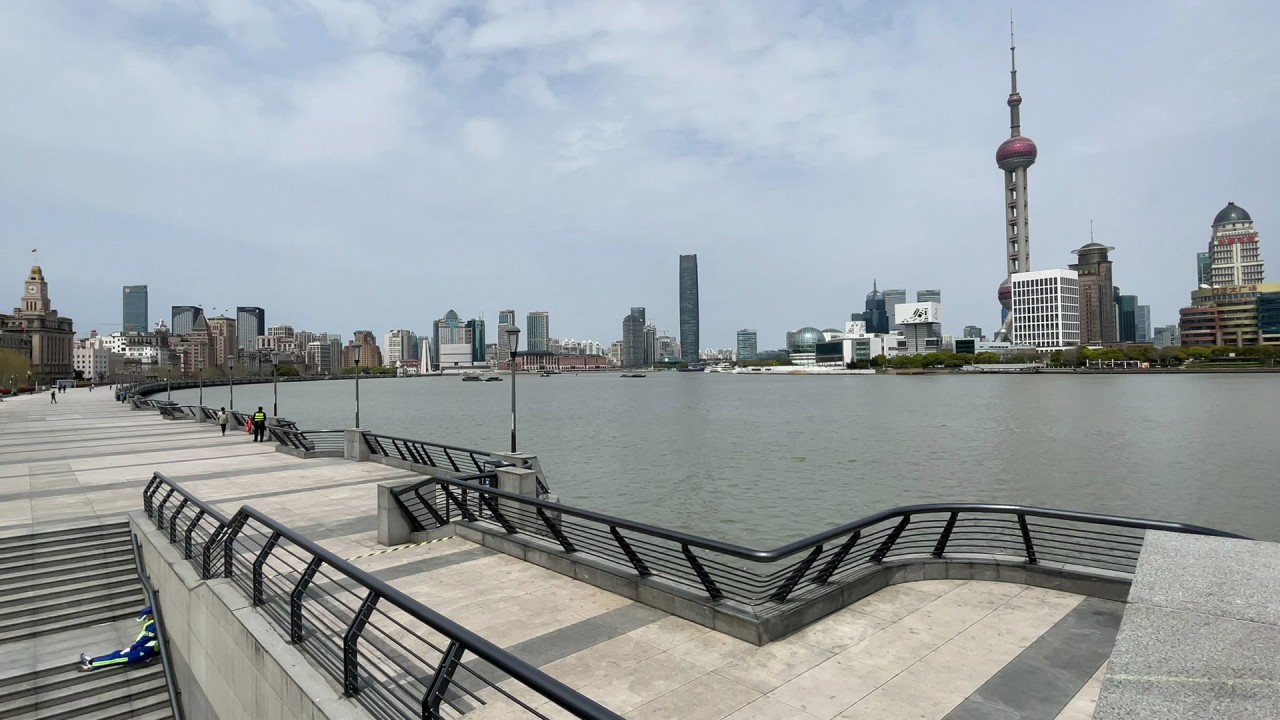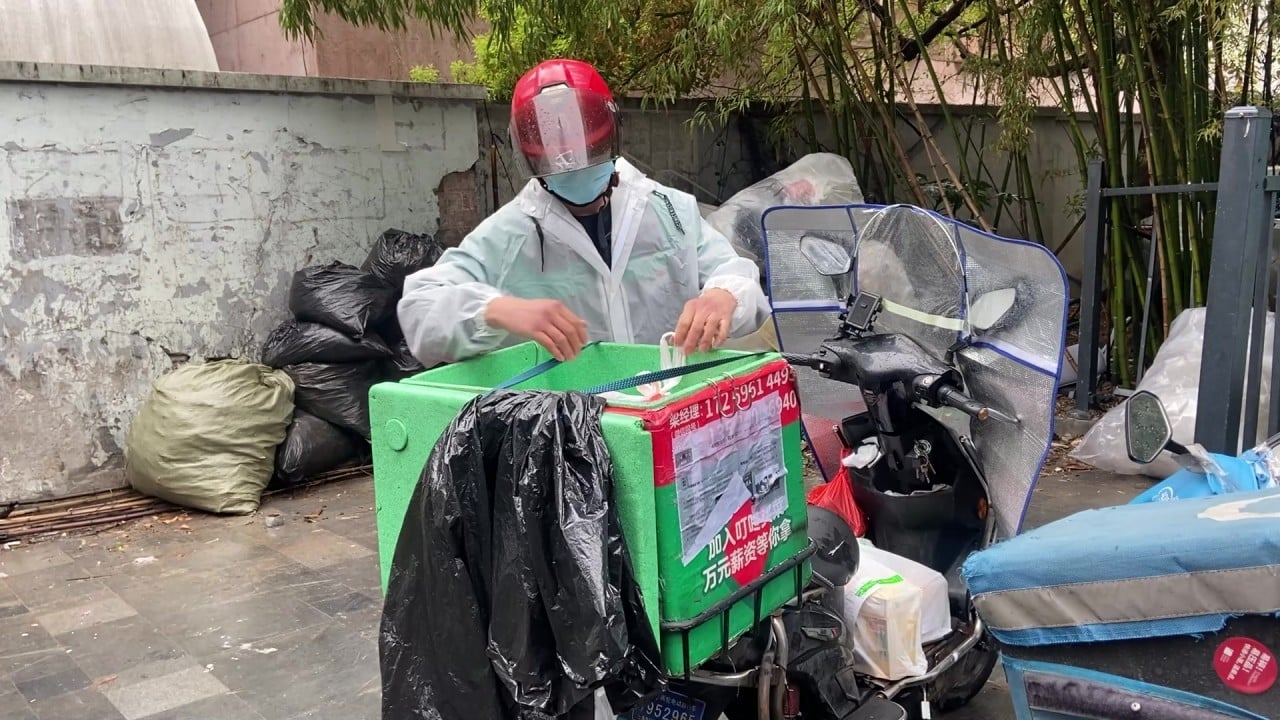
Coronavirus: Shanghai’s Covid-19 cases soar by a daily record of 13,354, offering no end in sight for citywide lockdown in China’s financial hub
- The number of infections was the highest one-day tally, with 268 cases showing symptoms on Monday, compared with 425 a day earlier
- Still, the city of 25 million residents took no chances, undergoing a citywide mass testing exercise over three days
Shanghai added a record 13,354 new Covid-19 infections on Tuesday, boosting the national caseload to its highest since the disease’s outbreak, underscoring why authorities in China’s commercial hub are in no hurry to lift a citywide lockdown.
Authorities kept the city of 25 million residents locked down, after mass testing found 73,000 infections since March 1. The local government reversed its earlier plan to lift the lockdown on Puxi on Tuesday.
The 13,354 infections was the highest one-day increase, topping the previous one-day high of 9,006 on Monday, translating into more than 33 times Shanghai’s total infections before the latest round of outbreak.
The vast majority of Shanghai’s infections were asymptomatic, with 268 symptomatic cases on Monday, compared with 425 a day earlier. Still, the authorities were taking no chances with the highly transmissible Omicron variant, vowing to track down, quarantine and deal with every single case to achieve what the government calls a “dynamic zero” Covid-19 policy.
“Once confirmed, all new cases will be transferred [to designated quarantine sites],” the Shanghai government’s Deputy Secretary General Gu Honghui said at a media briefing on Tuesday. “All new infections must be settled day by day, and no one should be left unattended.”

“The surging cases have threatened Shanghai’s role as the gateway city” to China, said Wang Feng, chairman of Shanghai-based financial service group Ye Lang Capital. “A citywide lockdown that disrupts production and operations will siphon off foreign businesses’ interest in expanding their footprint in China.”

A survey of 163 US companies on April 1 by the American Chamber of Commerce showed that 99 per cent of them had been affected by the latest outbreak in Shanghai. About 60 per cent of them reported slower or reduced production because of a lack of employees, inability to obtain supplies, or government-ordered lockdowns.
Any relaxation in Shanghai’s lockdown would take place step-by-step, starting by allowing residents and businesses at low-risk areas to resume normal life and work once the city’s outbreak is under control, according to two government officials familiar with the plan.
Shanghai authorities began a three-day citywide mass testing for the Covid-19 disease. Several Y-20 military aircraft loaded with 2,000 medical staff from the People’s Liberation Army (PLA) arrived at the Hongqiao airfield in Puxi on Sunday night, carrying testing equipment and protective gear.
Shanghai’s much lauded success in keeping the Covid-19 disease at bay lies in tatters, as the caseload since March 1 has far surpassed the sum total of the previous two years. The mass testing exercise is a “crucial showdown” to contain the unprecedented outbreak in Shanghai’s pursuit of the dynamic zero-Covid goal by April 15, two officials said, declining to be named.
Shanghai has reserved more than 77,000 quarantine beds for the Covid-19 cases and listed 62 potential venues including stadiums, exhibition halls, and hotels that could be turned into temporary hospitals. But the number of beds may still not be enough to house all the new infections amid the sporadic spread of the disease.

Tens of thousands of beds in neighbouring cities such as the Zhejiang provincial capital of Hangzhou have been requisitioned and prepared to accommodate infected residents and their close contacts, according to sources familiar with the matter.
As many as 10,000 medical staff have arrived from 10 provinces to help Shanghai conduct its mass testing, in an unrivalled level of support, according to a report by Xinhua News Agency.
Licensed vehicles are still allowed on Shanghai’s streets, including fire engines, ambulances and delivery trucks for food and daily essentials, going some ways towards allaying counting worries about emergency services and daily supplies for residents after some couriers and drivers were infected.



